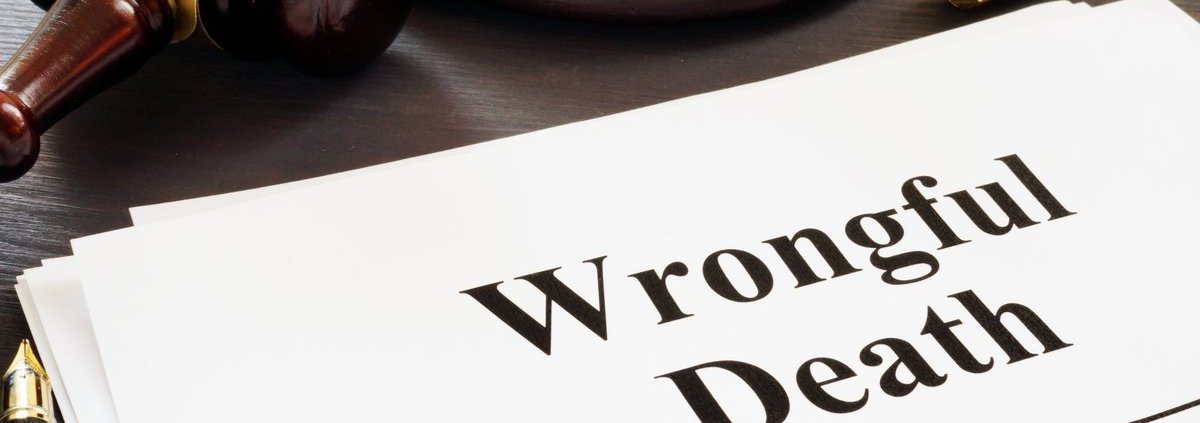Wrongful Deaths Lead to Financial Difficulties
The sudden and unexpected death of a spouse is certain to cause family members anguish, especially if that person’s death was a result of an accident. Couple that with the resulting financial distress that the family suffers, and the loss seems insurmountable. Regardless of whether the decedent’s family members continue to grieve, their household needs to carry on. After the funeral and burial costs, there are still the monthly mortgage and utilities, and food needs to be put on the table too. Figuring out how a family will survive without the decedent’s income only compounds the feeling of helplessness. Here are a few examples of the types of cases that a wrongful death lawsuit might be filed in:
- Auto accidents
- Truck crashes
- Pedestrian accidents
- Falls
- Motorcycle crashes
- Dangerously defective products
- Falls
Steps You Must Take Early On
When you come to grips with the fact that you and your family must keep moving forward, your focus will be placed on your family’s financial affairs. Here is how you can begin doing that:
- Inquire with your spouse’s employer as to whether any life insurance, pension plan or other benefits might be available. If one or both exist, inquire into who is the designated beneficiary.
- If there was a will or revocable living trust, take possession of it, and keep it in a safe place for the time being.
- Obtain any and all financial documents and keep those in a safe place too.
- Contact a respected and effective wrongful death lawyer to arrange for a consultation and case review. It’s highly unlikely that you’ll be charged for this. Given the circumstances, you’ll want to meet with that individual in person.
Wrongful Death Laws
Every state has its own wrongful death statute. Such statutes are civil in nature and don’t carry criminal penalties. They’re intended to compensate surviving family members for the death of a loved one who died as a result of the wrongful act or failure to act on somebody else.
The Burden of Proof
The major factor that distinguishes a criminal reckless homicide case from a wrongful death case is the burden of proof. In a criminal case, there is a prosecutor’s office that must prove its case beyond a reasonable doubt. In the civil wrongful death case, the surviving family must retain its own private attorney to prove its case by a preponderance of the evidence. That’s a lower burden of proof. It means that the surviving family’s version of events is more likely considered true than not true. Although there is a lower burden of proof, there are many defenses that are available to an insurance company. Even if liability isn’t at issue, damages can be hotly contested.
The Timing of the Two Cases
If a person is charged criminally for the death of another person, the criminal case and the civil case won’t be heard in the same courtroom. The two separate cases will be held in different courtrooms with different judges and jurors. Note that any civil wrongful death case can be brought at the same time as the criminal case is pending. Given the lower burden of proof in the civil wrongful death case, a defendant might be found not guilty in a criminal prosecution but guilty in the wrongful death lawsuit spinning from the same set of facts.
An insurance company faces big financial exposure in any wrongful death case. It will defend such a lawsuit vigorously. Family members of a decedent who are interested in seeking compensation for damages should seek qualified, aggressive, experienced, and compassionate legal advice and representation as soon as possible. The longer that they wait to retain a wrongful death lawyer, the greater the financial distress they’re likely to suffer.





Leave a Reply
Want to join the discussion?Feel free to contribute!